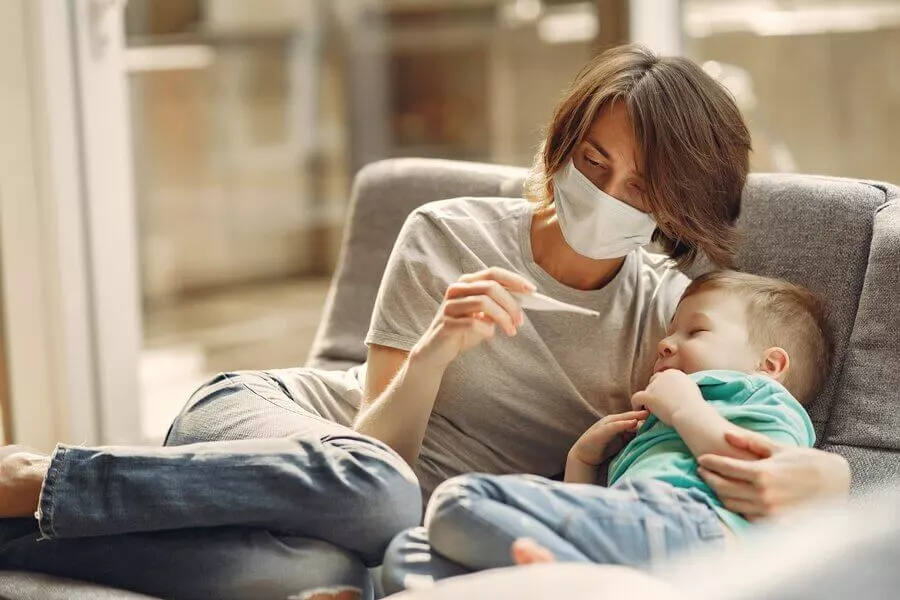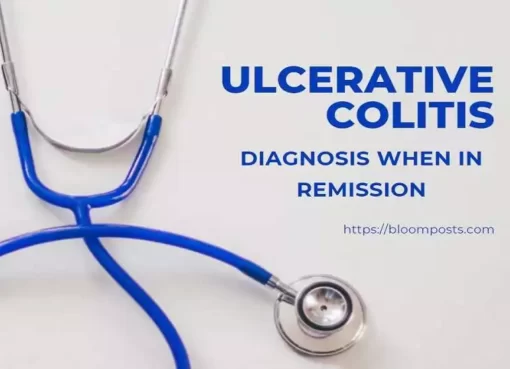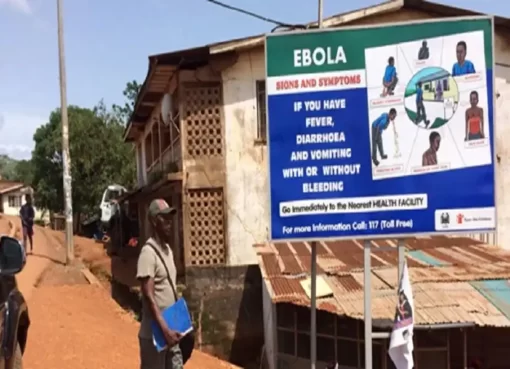Understanding RSV
RSV (Respiratory Syncytial Virus) is a common virus that can affect both infants and adults; however, children under the age of two are more likely to develop significant respiratory symptoms. No vaccine has yet been approved for RSV infection.
It is one of the numerous viruses that cause respiratory diseases, including nose, throat, and lung infections and respiratory tract.
Before becoming two years old, almost every kid contracts RSV at least once. RSV is similar to a cold in most healthy youngsters. RSV, on the other hand, has the potential to make some children very sick.
By the time the kids turn one, more than half of them contract this infection.
More than 80% of children get infected with RSV at least once by the age of two, and half of these children are being infected twice.
In 2020, there were fewer instances of RSV due to mask use and physical distancing in view of COVID-19 guidelines. In spring 2021, however, a surge in RSV infections began when safety precautions were relaxed with the delivery of COVID-19 vaccinations.
Symptoms
RSV usually causes a cold, which can progress to bronchiolitis or pneumonia. Symptoms usually last 5-7 days on average.
Mild
Symptoms of a cold which is an upper respiratory tract infection include fever (temperature of 100.4 or higher), coughing (dry or wet sounding), congestion, sneezing, & a stuffy nose.
Severe
Bronchiolitis is a lower respiratory tract illness. Its symptoms include the ones common in cold, with additional complications like breathing quickly, grunting in a rhythmic pattern while breathing, tugging at the lower neck, belly breathing, and/or tugging between their ribs.
Following infants are at higher risk
- Premature or low birth weight babies.
- Prematurity-related chronic lung disease.
- Babies born with certain cardiac abnormalities.
- Those who have a weakened immune system as a result of sickness or treatment.
- The mother indulges in heavy smoking during pregnancy.
Diagnosis
Pediatricians diagnose colds and bronchiolitis in children by asking about their symptoms and performing a physical examination.
To rule out a severe infection, a nasal swab test may be used by your pediatrician to identify if your kid has RSV or another virus. A chest x-ray and/or an oxygen saturation test may also be done to check for any lung congestion.
These tests are typically unnecessary because most children recover without difficulty, but with no approved RSV vaccine in circulation, no parents will like to take a chance with their loved ones.
Is RSV contagious
Yes. RSV travels from person to person in the same way as a normal cold virus does. It enters the body via the nose or eyes, or more commonly, from:
- Direct contact with saliva, mucus, or nasal discharge from one person to another.
- Hands that are dirty (RSV can survive 30 minutes or more on unwashed hands).
- Objects or surfaces that are dirty (RSV can survive up to 6 hours on surfaces, toys, keyboards, doorknobs, etc).
Onset of symptoms
RSV symptoms might appear 2 to 8 days after exposure. RSV-infected persons are generally infectious for 3 to 8 days, according to the Centers for Disease Control and Prevention (CDC). Even if they don’t display symptoms, certain newborns and individuals with weaker immune systems can be contagious for up to four weeks.
Keep in mind that RSV can affect infants and adults several times in a single season. Repeat infections, on the other hand, are frequently milder than the first.
Comforting your child: Quick tips
RSV has no cure. The majority of instances of the respiratory syncytial virus are mild and do not require medical attention. Because RSV is a virus and antibiotics only work against bacteria, no antibiotics are administered. Doctors may prescribe medication to aid in the opening of airways.
However, RSV infection in newborns can be more severe. Some people may require hospitalization. They can be constantly monitored and get fluids if necessary, as well as therapy for any respiratory issues.
To make your youngster feel more at ease, do the same things as you would for a seasonal cold.
- Nasal saline with mild suctioning to make breathing and eating more comfortable.
- To help break up mucus and make breathing easier, use a cool-mist humidifier.
- Maintaining a good hydration level in the body is critical. Keep your kid hydrated with enough water. Breastfed newborns do not need to be supplemented with water or formula. If the infant is having trouble feeding at the breast, feeding breastmilk into a cup or bottle can be tried out.
- Acetaminophen or ibuprofen can be used to treat low-grade fevers (if older than 6 months). Aspirin, as well as cough and cold medicines, should be avoided at all costs.
- Only 3% of children with RSV (3 out of 100) will require hospitalization. Those youngsters may require oxygen for breathing assistance. A kid may need to be admitted to a pediatric critical care unit on rare occasions (PICU).
Protecting your kids from RSV
Keep the hands clean with frequent soap wash. Use soap and water to scrub for at least 20 seconds, just as you would avoid germs at any time. Inculcate a habit of hand hygiene in your kid from an early age.
Because RSV is easily transferred by contacting contaminated persons or surfaces, washing hands thoroughly and frequently is essential for prevention. After being near someone who has cold symptoms, wash your hands. School-aged children with colds should stay away from younger siblings, particularly infants until their symptoms subside.
During peak RSV season, at-risk babies can get a monthly injection of a medication containing RSV antibodies to avoid serious RSV-related respiratory illness. However, the protection it provides is just temporary & doesn’t imitate the benefits of an RSV vaccine. As a result, kids will require shots every RSV season until they’re no longer a danger of a severe RSV infection.
Key pointers
- Ensure that your children are up to date on their vaccinations and that the entire family has an annual flu vaccine. Adults who work with infants should also get vaccinated against whooping cough.
- Avoid exposing your infant to crowds, peers, and anybody who has a cold. When they’re ill, keep them home from school or child care and educate them about their medical condition.
- Getting rid of the bacteria is a must. Disinfect your home’s items and surfaces on a regular basis.
- Breastmilk is the best food for your infant. It has some of the best antibodies that no other pediatric milk powder or drug can perceivably provide.
RSV Vaccine hope
There is yet no vaccine available to protect against RSV infection, but researchers are working hard to create one. There is also a drug that can help prevent certain newborns who are at high risk of developing severe RSV illness. During RSV season, healthcare practitioners generally administer the drug (named palivizumab) in a series of monthly doses to preterm babies and young children with specific heart and lung problems.
Consult your child’s healthcare professional if you are concerned about your child’s risk of severe RSV infection.
Medical intervention
If your child has trouble breathing or is breathing rapidly, is drowsy, has blue lips or fingernails, has a high fever, doesn’t appear to be feeling well, has a thick nasal discharge, a cough that gets worse or produces yellow, green, or grey mucus, or refuses to breastfeed or bottle-feed, seek medical help right away.
Conclusion
Every year, millions of children are infected with RSV. The basic therapy for patients is supportive care, which includes feeding, hydration, nasal secretion clearance, and if needed, oxygen. To avoid RSV transmission, good handwashing procedures, and contact isolation should be of prime importance.
Citation
https://www.parents.com/health/the-10-most-common-childhood-illnesses/
https://www.cdc.gov/rsv/high-risk/infants-young-children.html
https://www.healthychildren.org/English/health-issues/conditions/chest-lungs/Pages/RSV-When-Its-More-Than-Just-a-Cold.aspx
https://www.ncbi.nlm.nih.gov/pmc/articles/PMC3461981/
https://kidshealth.org/en/parents/rsv.html
Featured photo: People photo created by prostooleh – www.freepik.com





Your article helped me a lot, is there any more related content? Thanks! https://accounts.binance.com/uk-UA/register?ref=WTOZ531Y
Thanks for sharing. I read many of your blog posts, cool, your blog is very good. https://www.binance.info/tr/join?ref=S5H7X3LP
Thank you for your sharing. I am worried that I lack creative ideas. It is your article that makes me full of hope. Thank you. But, I have a question, can you help me? https://www.binance.info/zh-TC/join?ref=FIHEGIZ8
Your point of view caught my eye and was very interesting. Thanks. I have a question for you. https://www.binance.info/id/join?ref=PORL8W0Z
Your point of view caught my eye and was very interesting. Thanks. I have a question for you.
демонтаж москва
https://demontagmoskva.ru/